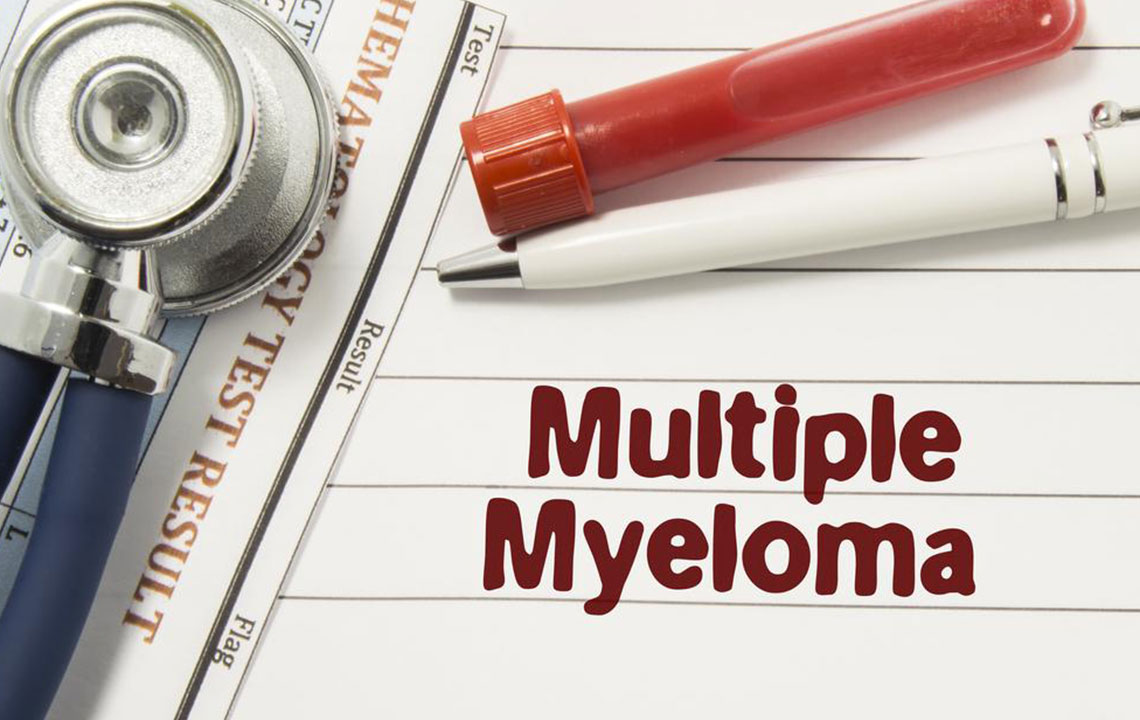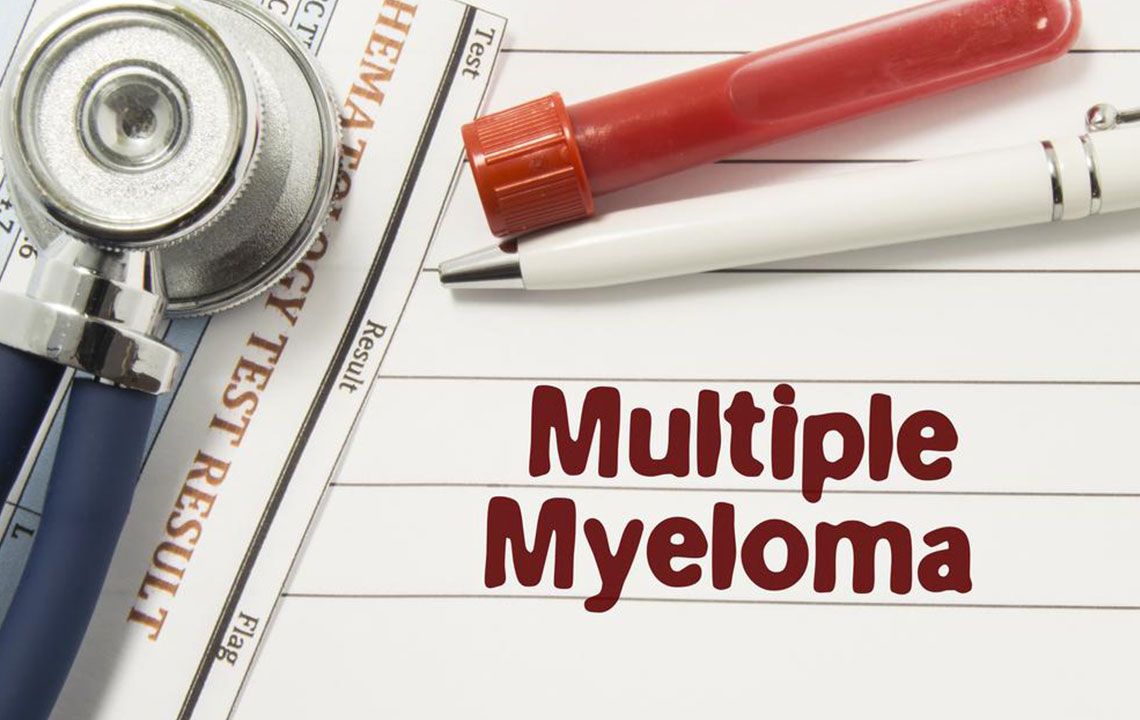Managing Recurrence of Multiple Myeloma: Essential Strategies
Learn effective strategies for managing relapsed multiple myeloma, including medication options, high-dose chemotherapy, stem cell transplants, and maintenance therapy. Early consultation with healthcare professionals is key to controlling disease progression. This guide helps patients understand their treatment options and emphasizes the importance of seeking expert advice for optimal care.

Managing Recurrence of Multiple Myeloma: Essential Strategies
Patients diagnosed with multiple myeloma should be aware that relapse can occur even after successful treatment. Since a definitive cure is still unavailable, relapses—also called recurrent myeloma—are common. If relapse happens, it's crucial to consult your healthcare provider promptly. Exploring available treatment options together can help manage the disease more effectively.
In cases of relapse, previous therapies might not have fully eradicated the disease. Seeking a second opinion from specialists may be beneficial before proceeding with further treatments.
Some standard approaches for treating relapsed multiple myeloma include:
Medication Options: Several drugs are available, such as targeted therapies, immunomodulatory drugs (IMiDs), proteasome inhibitors, chemotherapy agents like alkylators, and corticosteroids.
High-Dose Chemotherapy and Stem Cell Transplant: High-dose chemotherapy can effectively eliminate cancer cells but often damages bone marrow cells. To restore blood cell production, a stem cell transplant may be necessary to ensure the body functions properly.
Maintenance Therapy: Ongoing treatment with chemotherapy or other drugs can help sustain remission. Maintenance therapy may last months or years and aims to prevent disease progression by controlling residual cancer cells.
Relapse is common among multiple myeloma patients, and the above strategies can help manage disease progression and improve outcomes. It's advisable to consult multiple healthcare professionals to determine the most suitable treatment plan.










